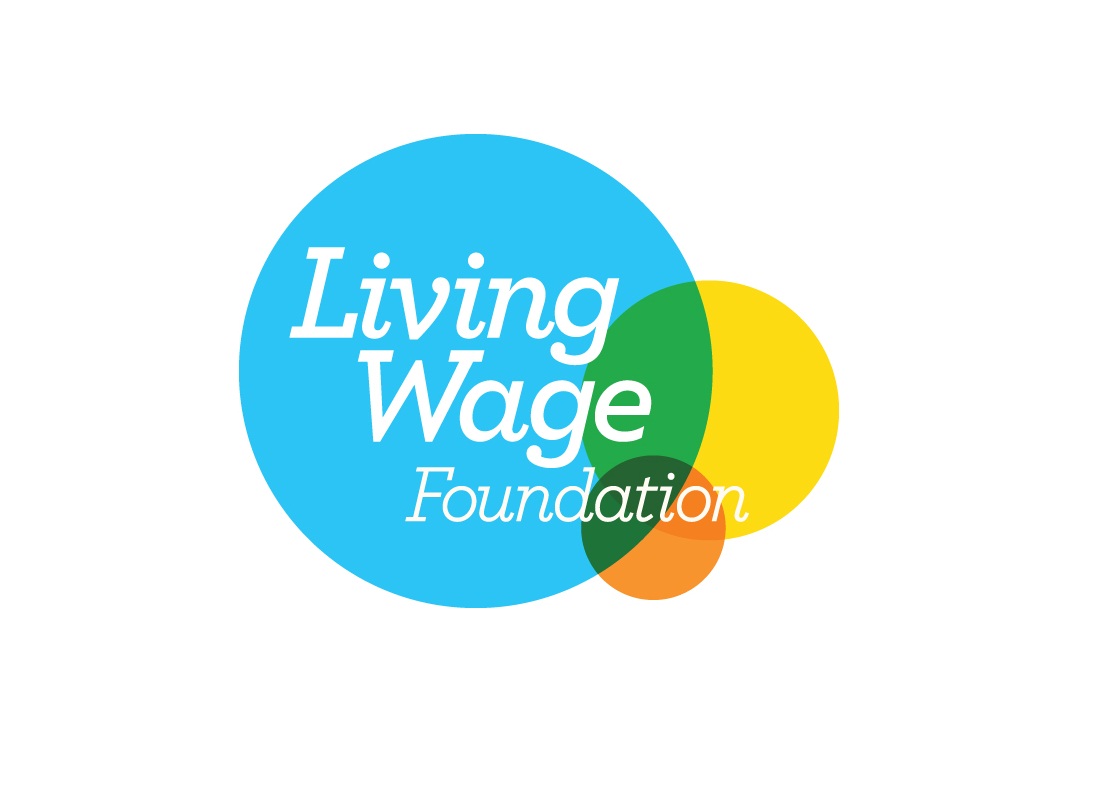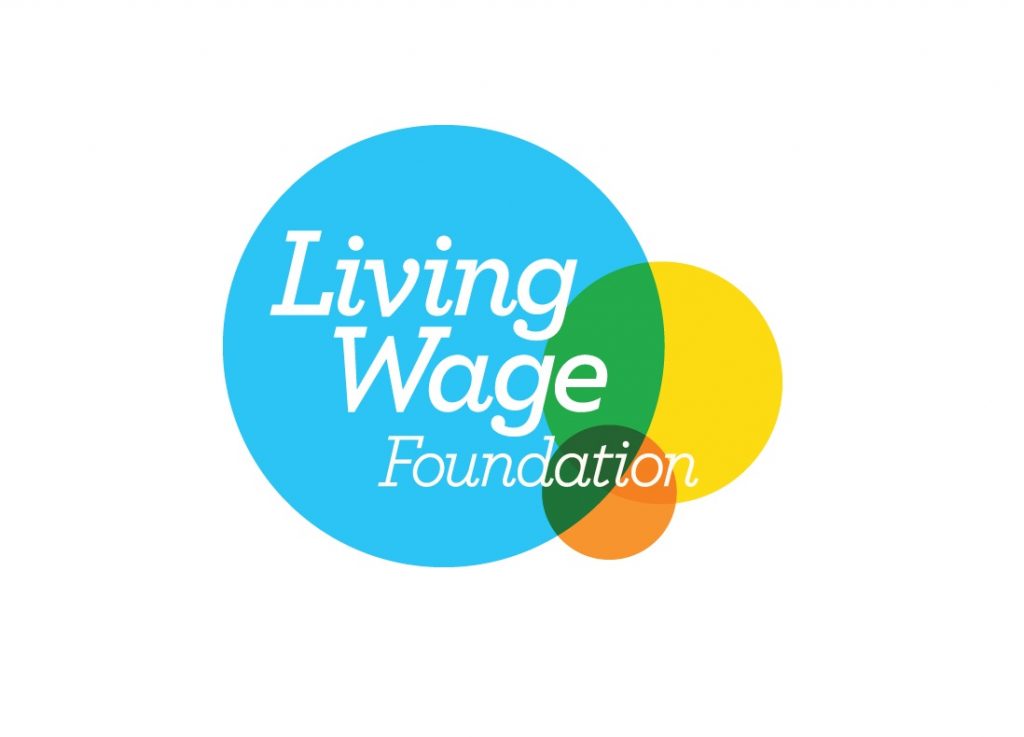
Today, the Living Wage Foundation announced the new Real Living Wage rates for the upcoming financial year. Across the UK, the wage rate is set to rise from £9.30 to £9.50, while in London, where living costs are substantially higher, the rate is set to rise 10p, from £10.75 to £10.85.
Meanwhile, the Government have yet to announce any increase to the National Living Wage and trade unions have raised concerns that there may not be any rise at all next financial year. In 2016, the Government cynically introduced a national living wage for over-25s well below the accredited rate set by the Living Wage Foundation.
A quarter of a million workers from over 7,000 different firms are set for a pay rise as a result of the increase. However, the Living Wage Foundation estimate that around 5.5 million jobs still pay below the Real Living Wage rate, accounting for nearly 1 in 5 of all employees.
The hospitality sector had the highest proportion of jobs paid below the Living Wage at 70.8%, followed by the arts, entertainment and recreation sector at 36.8%.
As expected, jobs held by women were more likely to be paid below the Living Wage in April 2020 than those held by men. The gender pay gap has reduced but remains around 8.9%. A stark reminder of the need to fight for gender equality as we approach Equal Pay Day next week.
While the rise is not set to come in until next year, some firms have already stepped up and pledged to pay from today. For example, North Ayrshire Council in Scotland announced they would be introducing the new living wage from today benefiting nearly 750 staff.
The wage rise is welcome for the many thousands of workers currently grappling with the worst effects of the pandemic, as is the furlough extension (announced last week). However, it is clear that Britain’s workers need more than a 20p rise if they are to survive the winter months.
Johnnie Hunter, YCL General Secretary, reiterated the YCL’s call for a £10 Living Wage, saying “The Real Living Wage increase announced today is very welcome. However, we must continue campaigning to support the many thousands of young workers not covered by this scheme. The government are desperate to cut any scheme supporting working people and we need to continue fighting against these shifts.”
Peter Stoddart




